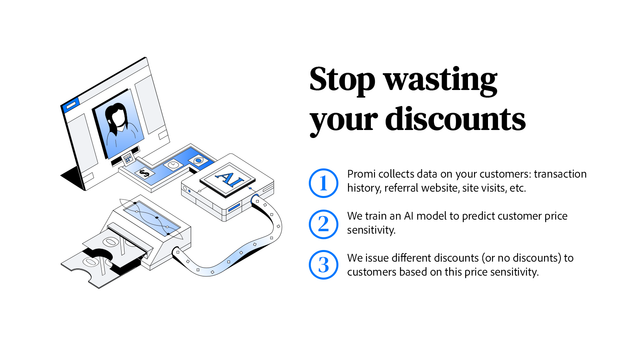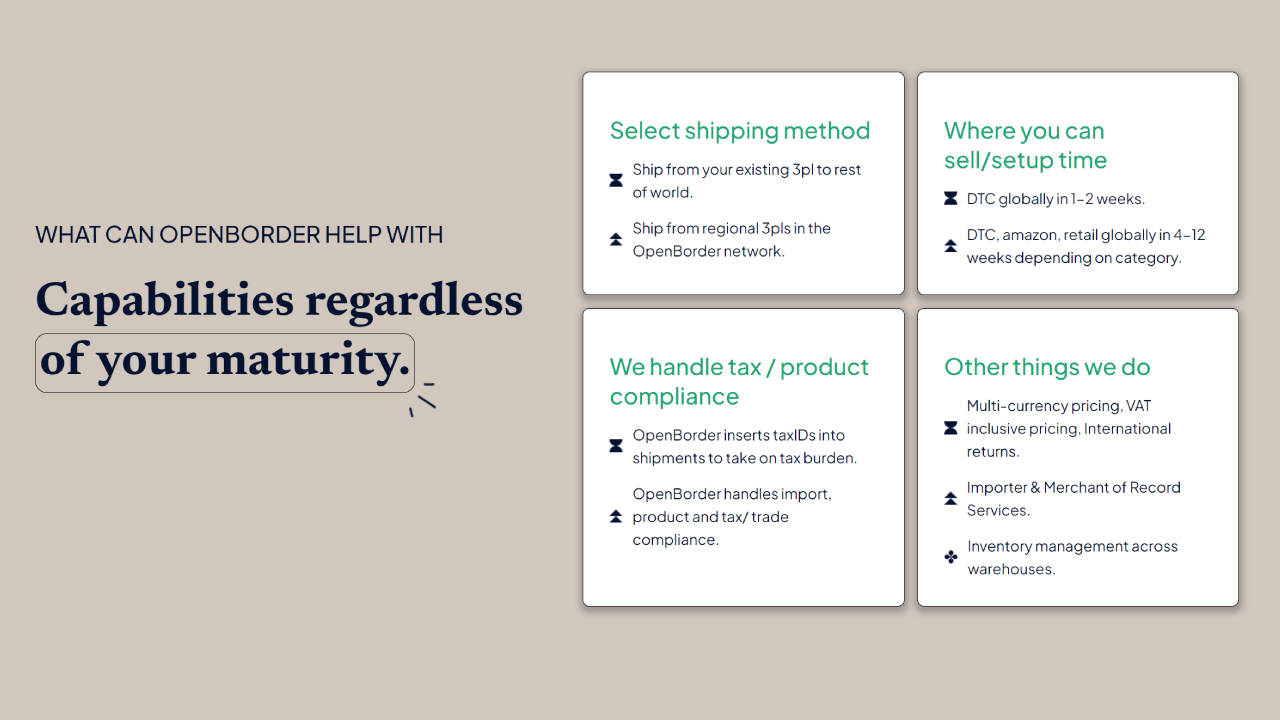In today's digital age, online security is of paramount importance, especially for businesses running e-commerce stores. With cyber attacks on the rise and the potential impact of security breaches on e-commerce businesses, it's crucial to establish a strong security foundation and implement advanced security measures. Additionally, managing user data and privacy, and conducting regular security audits and updates are essential for maintaining online store security.
Understanding the Importance of Online Store Security
As consumers increasingly rely on online shopping, the need for robust security measures becomes imperative. Cyber attacks targeting online stores have risen significantly in recent years, posing a significant threat to both the integrity of e-commerce businesses and the trust of customers. Understanding the various aspects of online store security is the first step towards ensuring a safer shopping experience for all parties involved.
One crucial aspect of online store security is the implementation of secure payment gateways. These gateways encrypt sensitive financial information, such as credit card details, to prevent interception by cybercriminals. By utilizing reputable payment processors and adhering to industry standards like PCI DSS (Payment Card Industry Data Security Standard), online retailers can enhance the security of transactions and build trust with customers.
The Rising Threat of Cyber Attacks
Cyber attacks are a serious concern for online retailers, with hackers constantly devising new techniques to exploit vulnerabilities in e-commerce systems. From sophisticated phishing scams to ransomware attacks, the potential risks are diverse and ever-evolving. It's crucial for online store owners to stay informed about the latest threats and take proactive measures to safeguard their businesses.
Another emerging threat in the realm of online store security is the rise of AI-powered cyber attacks. Hackers are increasingly leveraging artificial intelligence and machine learning algorithms to automate and enhance their attack strategies. This advanced technology enables them to launch more targeted and efficient attacks, making it essential for e-commerce businesses to deploy AI-driven security solutions to detect and mitigate these evolving threats.
The Impact of Security Breaches on E-commerce Businesses
A security breach can have devastating consequences for an e-commerce business. Not only can it lead to financial losses, but it can also damage the reputation and erode customer trust. Customers expect their personal and financial information to be protected, and failure to meet these expectations can result in a loss of business. Therefore, investing in robust security measures is essential for the long-term success of any online store.
Furthermore, the aftermath of a security breach often involves costly regulatory fines and legal implications. In many jurisdictions, data protection laws require businesses to safeguard customer data and notify authorities in the event of a breach. Failure to comply with these regulations can result in severe penalties, underscoring the importance of maintaining a comprehensive security posture to mitigate risks and ensure compliance with relevant laws.
Establishing a Strong Security Foundation
Building a secure e-commerce store starts with selecting the right platform and implementing essential security features. Ensuring the safety of your customers' data and transactions is paramount in today's digital landscape, where cyber threats are constantly evolving and becoming more sophisticated.
Choosing a Secure E-commerce Platform
The foundation of online store security lies in selecting a secure e-commerce platform. Look for platforms that prioritize security and offer robust features such as data encryption, regular security updates, and strong authentication protocols. Conduct thorough research and choose a platform trusted by other reputable online stores. It's also essential to consider factors such as scalability, ease of use, and integration capabilities when selecting the platform for your e-commerce store. A platform that can grow with your business and adapt to changing security needs is crucial for long-term success.
Importance of SSL Certificates
SSL (Secure Sockets Layer) certificates play a crucial role in securing online transactions and protecting customers' data. SSL encryption ensures that sensitive information, such as credit card details, is transmitted securely between the customer's browser and the online store's server. Obtaining and installing an SSL certificate is a vital step in establishing trust and customer confidence in your online store. In addition to encrypting data, SSL certificates also help improve your website's search engine ranking, as search engines like Google prioritize secure websites in their search results. This means that having an SSL certificate not only enhances security but also boosts your online visibility and credibility.
Implementing Advanced Security Measures
While a strong foundation is essential, implementing advanced security measures is equally important to safeguard against emerging threats. Two critical components of advanced security measures are firewalls and intrusion detection and prevention systems.
Enhancing the security of your e-commerce platform involves more than just basic protections. It requires a multi-layered approach that includes advanced security measures to fortify your defenses against sophisticated cyber threats. By incorporating additional layers of security, you can create a robust shield that safeguards your online store and customer data.
The Role of Firewalls in E-commerce Security
Firewalls act as a protective barrier between the online store's internal network and the external internet. They monitor incoming and outgoing traffic, identifying and blocking potential threats. Configuring firewalls to restrict access to sensitive areas of your online store can significantly reduce the risk of unauthorized access and data breaches.
Moreover, firewalls can be customized to filter traffic based on specific criteria, such as IP addresses, protocols, or ports. This level of granular control allows you to tailor your firewall rules to align with your e-commerce platform's security requirements. By implementing firewall rules that are tailored to your business needs, you can effectively manage and mitigate potential security risks.
Intrusion Detection and Prevention Systems
Intrusion Detection and Prevention Systems (IDPS) monitor network traffic and detect anomalies that may indicate a potential security breach. IDPS can identify and respond to various types of attacks, such as network-based, host-based, and application-based attacks. By proactively detecting and preventing security breaches, IDPS can minimize the impact on your online store.
Furthermore, IDPS can provide real-time alerts and automated responses to security incidents, enabling swift action to mitigate threats before they escalate. By leveraging the capabilities of IDPS, you can enhance the overall security posture of your e-commerce platform and ensure continuous protection against evolving cyber threats.
Managing User Data and Privacy
Protecting user data and respecting privacy is crucial for maintaining customer trust and complying with regulations.
In today's digital landscape, where data breaches and privacy concerns are prevalent, businesses must prioritize the protection of user data. By implementing robust security measures and privacy practices, companies can establish a strong foundation of trust with their customers.
Creating a Robust Privacy Policy
A privacy policy outlines how an online store collects, uses, stores, and protects customer data. It's essential to have a comprehensive and transparent privacy policy that clearly communicates your commitment to data security and privacy. Ensure that your privacy policy aligns with relevant legal requirements and best practices.
Furthermore, regularly updating and reviewing your privacy policy is crucial to adapt to changing regulations and technologies. By staying informed and proactive, businesses can demonstrate their dedication to safeguarding user data.
Ensuring Secure Payment Processing
Secure payment processing is critical to protecting customer financial information. Implementing Payment Card Industry Data Security Standard (PCI DSS) compliance measures, such as tokenization and encryption, helps ensure secure transactions. Partnering with reputable payment gateways that prioritize security is also essential.
Additionally, conducting regular security audits and assessments can help identify and address any vulnerabilities in your payment processing system. By staying vigilant and proactive, businesses can mitigate risks and enhance the overall security of their payment transactions.
Regular Security Audits and Updates
Maintaining a secure online store requires ongoing vigilance and regular security assessments and updates.
Ensuring the security of your online store is a continuous process that demands attention to detail and a proactive approach. In addition to implementing robust security measures, conducting regular security audits and updates is essential to safeguard your e-commerce platform from evolving cyber threats.
The Need for Regular Security Assessments
Regular security assessments help identify vulnerabilities and areas of improvement in your online store's security. Conduct penetration testing, vulnerability scanning, and code reviews to proactively address weaknesses and ensure a robust security posture.
Penetration testing involves simulating real-world cyber attacks to evaluate the effectiveness of your existing security controls. By identifying potential entry points and vulnerabilities, you can fortify your defenses and enhance your overall security resilience. Vulnerability scanning, on the other hand, enables you to detect and remediate security weaknesses before they can be exploited by malicious actors. Code reviews play a crucial role in identifying insecure coding practices and potential vulnerabilities in your e-commerce platform, allowing you to rectify them before they pose a threat to your online store.
Keeping Software and Systems Updated
Software updates often include security patches that address known vulnerabilities. Regularly update your e-commerce platform, plugins, and any other software used by your online store. Additionally, keep your server software up to date and apply security patches promptly to mitigate potential risks.
By following these security best practices, online store owners can significantly reduce the risk of security breaches and protect their businesses and customers from cyber attacks. Prioritizing online store security is not only a responsible business practice but also a competitive advantage, as customers increasingly scrutinize security measures before making online purchases. Stay informed, incorporate the latest security technologies, and regularly review and update your security practices to foster trust and build a successful online store.
Now that you're equipped with the knowledge of security best practices for your online store, take the next step in fortifying your Shopify business with OwlMix. Our directory is brimming with innovative apps that can enhance your store's security and overall performance. Let Owlfred, your wise owl companion, guide you through our curated selection to find your next Shopify app. With OwlMix, you're not just securing your store; you're setting it up for success. Start exploring today and watch your e-commerce experience take flight!

















